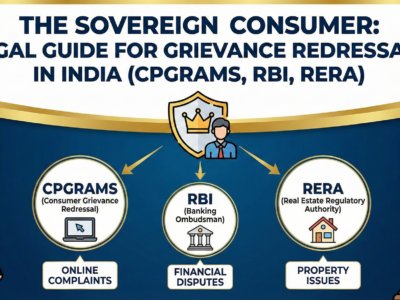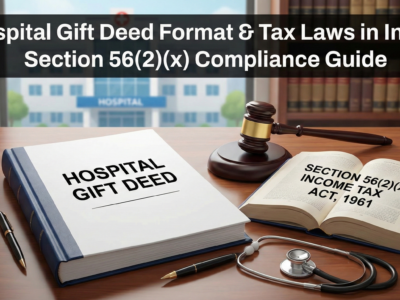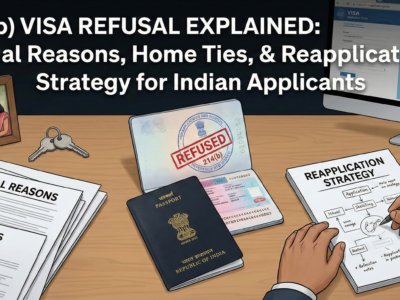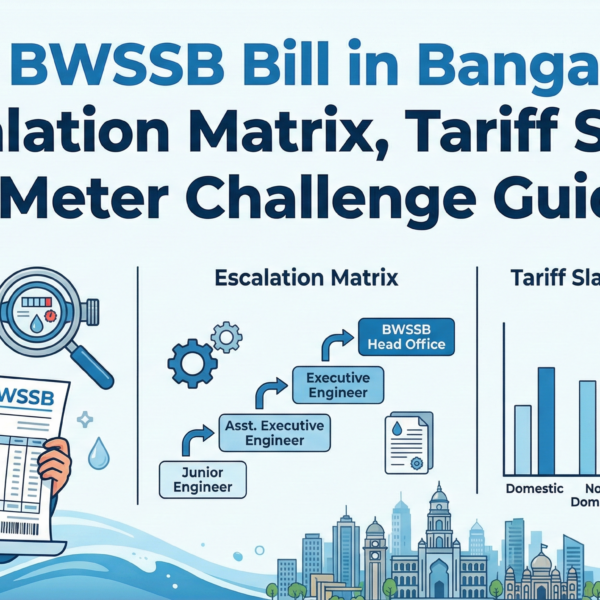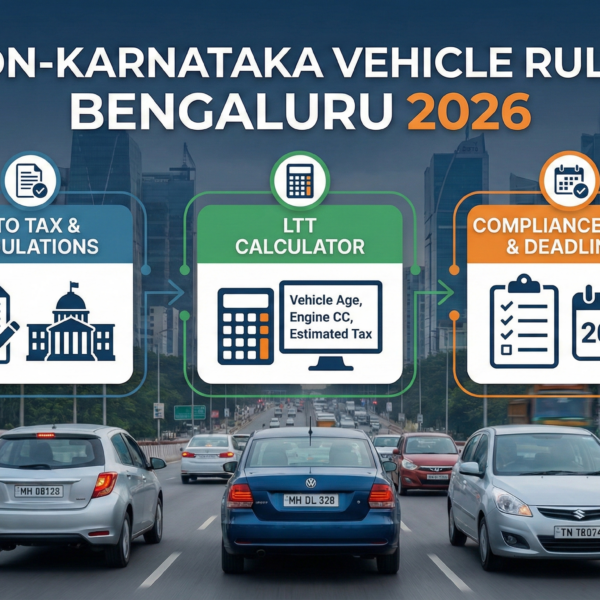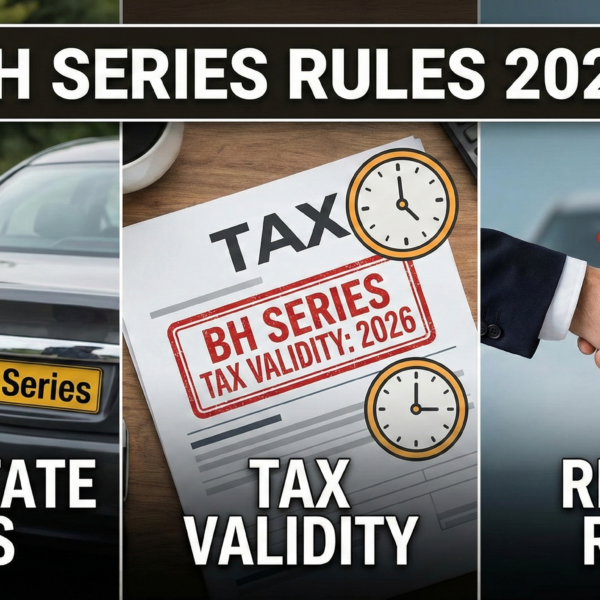For years, the Indian judiciary, including the Supreme Court, consistently classified fantasy sports platforms like Dream11 as “games of skill,” distinguishing them from the legal definition of gambling. This provided the industry with a stable foundation for growth. However, recent amendments to the GST law, imposing a punitive 28% tax on the full contest entry amount, have upended this consensus. With retrospective tax notices running into thousands of crores—including an estimated ₹28,000 crore demand for Dream11 alone—the government has, for all practical purposes, reclassified the entire online gaming industry. This analysis by eVaakil.com examines the core legal conflict: Is Dream11 still a game of skill, or has the new tax regime effectively made it gambling?
eVaakil.com
Skill or Gamble?
An eVaakil.com Analysis: How India's new 28% GST regime created a constitutional crisis for Dream11 and the online gaming industry.
A Timeline of Turmoil
Pre-2023
Judicially Settled (*Res Integra*)
Multiple High Courts & Supreme Court affirm fantasy sports as a "game of skill," a matter conclusively settled by law.
Mid-2023
GST Council Decision
The GST Council recommends a uniform 28% tax on the full face value for online gaming, casinos, and horse racing.
Oct 1, 2023
New Law Enforced
The 28% GST rule comes into effect. "Online money gaming" is now classified as a "supply of goods" (actionable claim) like lottery and betting.
Late 2023
Massive Tax Notices
DGGI issues retrospective notices worth over ₹1.12 lakh crore to the industry. Dream11's demand alone is ~₹28,000 crore.
Present
Supreme Court Battle
The industry, in the pivotal *Gameskraft* batch of cases, challenges the notices in the Supreme Court, with the final verdict set to decide the sector's fate.
Anatomy of the Conflict: A Tale of Two Realities
De Jure Reality
(According to Law)
"A Game of Skill"
The Supreme Court has repeatedly affirmed that fantasy sports are predominantly skill-based, granting them protection as a legitimate business under Article 19(1)(g) of the Constitution.
De Facto Reality
(According to Tax Code)
"Taxed as Gambling"
The new GST law ignores the skill/chance distinction for tax purposes, imposing a punitive 28% tax on the full contest amount, effectively treating it as a betting or gambling service.
The Retrospective Weapon
The most contentious aspect is the retrospective application of these notices, covering financial years back to 2017. The industry argues this is an unconstitutional attempt to apply a new tax to past transactions, making business mathematically impossible. Dream11's FY23 profit of ₹188 crore is a tiny fraction of its ~₹28,000 crore tax notice, highlighting the demand's unviability.
GST Regime: Then vs. Now
A fundamental shift in how online gaming is taxed, from a service fee to the entire user deposit.
| Feature | Pre-October 2023 | Post-October 2023 |
|---|---|---|
| Legal Classification | Game of Skill (distinct from gambling) | Treated at par with Lottery, Betting, and Gambling |
| Taxable Activity | Supply of Service | Supply of Goods (Actionable Claim) |
| GST Rate | 18% | 28% |
| Tax Base | Platform Fee / Gross Gaming Revenue (GGR) | Full Face Value of Deposit / Contest Entry Amount |
Battleground Supreme Court: The Core Arguments
Industry's Defense (led by FIFS)
Judicial Precedent is Binding (Art. 141)
The "skill vs. chance" debate is settled law. 14 SC & HC judgments define fantasy sports as skill. Tax authorities cannot ignore these binding rulings.
Retrospective Tax is Unconstitutional
Applying a new, punitive tax to past years when the industry was compliant with the old law (18% on GGR) is arbitrary and violates fairness.
Manifestly Arbitrary (Art. 14)
Lumping constitutionally protected "games of skill" with "games of chance" for tax purposes is irrational and violates the right to equality.
It's a New Tax, Not a Clarification
The 2023 law introduced new definitions ("online money gaming"). This proves no power existed to tax this way before, making retrospective demands illegal.
Revenue's Rationale
It's Just a "Clarification"
The govt claims the 28% tax on full value was always the intent. The ASG argued in court the new law was "surplusage" (superfluous), simply making the old rule explicit.
Massive Revenue Surge
The Finance Minister cited a 412% surge in GST collection (₹6,909 Cr in 6 months) as proof of the policy's success, justifying its continuation.
"Sin Tax" and Public Morality
By grouping online gaming with casinos and horse racing, the government frames it as a demerit good that should be discouraged through high taxation.
Narrative of Illegality
A public crackdown on illegal offshore betting sites helps conflate them with regulated domestic platforms, building public support for a punitive tax policy.
The "Smoking Gun" Evidence
The GST Department's Own Prior Audit
The industry's most powerful argument comes from the tax department itself. Before the notices, a comprehensive GST audit of Dream11 reportedly concluded:
It's a Game of Skill: The audit confirmed Dream11 was not involved in betting or gambling.
No Major Tax Liability: It found that the prize pool was not an actionable claim and no significant tax was due.
This prior validation fundamentally weakens the govt's "clarification" claim and makes it difficult to allege willful tax evasion, a prerequisite for retrospective penalties.
The Crux: Can Tax Law Override Judicial Precedent?
The Doctrine of *Nomen Juris*
The industry argues that terms like "betting" and "gambling" have a fixed legal meaning (*nomen juris*) established by the Supreme Court, which explicitly excludes games of skill. The government cannot, therefore, expand this definition through tax law to include activities the judiciary has already set apart.
Legislative Power vs. Judicial Review
While the legislature can classify subjects for taxation, this power isn't absolute. It's subject to judicial review for "manifest arbitrariness." The core question for the Supreme Court is whether treating constitutionally protected skill games and chance games as equals for tax purposes is a rational and permissible classification.
Tax as Social Policy
The government is clearly using a "sin tax" approach to discourage online gaming. However, applying this to an activity protected under the fundamental right to trade (Article 19(1)(g)) creates a constitutional conflict. It suggests the state is using fiscal power to suppress an industry it views with suspicion, despite judicial validation.
The Economic Fallout
The tax hike has led to a 30-40% decline in industry revenue and a 60-70% drop in profits. VC funding has evaporated, smaller companies have shut down, and the sector has seen significant layoffs.
Source: EY-USISPF report, news reports. VC Funding drop is illustrative of market sentiment.
Conclusion & Strategic Outlook
A De Facto Reclassification Pending a De Jure Verdict
Dream11 is not legally "gambling." The Supreme Court's "game of skill" rulings stand. However, it is being taxed as if it were gambling. This conflict has pushed the industry into a state of high-stakes limbo, where its fate will be decided by the Supreme Court's final verdict in the *Gameskraft* case.
Disclaimer
This analysis is based on publicly available information, news reports, and legal filings as of its publication date. It is intended for informational and educational purposes only and does not constitute legal, financial, or tax advice. The legal landscape is subject to change, and the final outcome of the matters discussed herein will be determined by the Supreme Court of India. eVaakil.com is not liable for any actions taken based on the information provided. Readers should consult with qualified legal and financial professionals for advice tailored to their specific circumstances.

